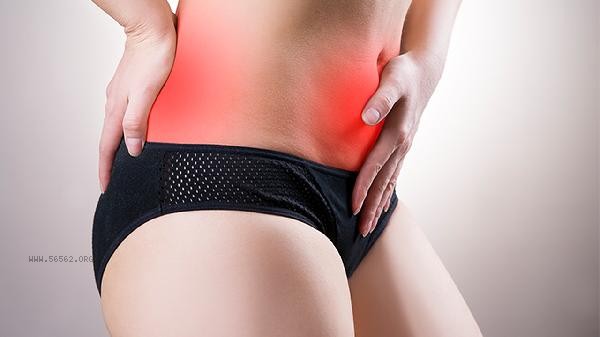Abdominal pain during running is usually caused by gastrointestinal spasms, improper breathing patterns, or dietary problems. In most cases, it can be relieved by adjusting exercise habits.

1. Gastrointestinal spasm
During intense exercise, blood flows to the muscles in a concentrated manner, and insufficient blood supply to the gastrointestinal tract may lead to smooth muscle spasm. Avoid eating high-fat and high fiber foods within two hours before exercise, and choose easily digestible carbohydrates such as bananas and whole wheat bread to reduce the probability of occurrence. If the pain persists, it is necessary to investigate underlying diseases such as chronic gastritis and irritable bowel syndrome.
2. Respiratory disorders
Shallow and fast breathing can stimulate the diaphragm nerve and cause traction pain. It is recommended to use a three-step breathing and three-step breathing rhythm. Breathing through the nose during winter running can reduce direct stimulation of the gastrointestinal tract by cold air, and wearing a sports waist pack to avoid clothing rubbing against the abdomen can also be helpful.
3. Weak core muscle group
When the strength of the transverse abdominal muscle is insufficient, running vibrations will be directly transmitted to internal organs. Performing core exercises such as plank support and dead insect exercises three times a week, lasting for more than 30 seconds each time, can significantly enhance abdominal stability. Swimming and Pilates are also effective cross training methods for strengthening the core.

4. Visceral ptosis
Postpartum women or those who are rapidly losing weight may experience gastric ptosis, and organ shaking during running can cause a sense of pain. Wearing a professional sports waistband can provide temporary support, but the fundamental solution is to enhance pelvic floor muscle strength through suspension training. In severe cases, medical attention should be sought to rule out the possibility of hernia.
5. Electrolyte imbalance
Long term running leading to sodium and potassium loss may cause abnormal contraction of gastrointestinal smooth muscle. Exercise for more than an hour in high temperature environments should be supplemented with sports drinks containing electrolytes, and pure water should be avoided. Patients with diabetes should pay special attention to preventing abdominal discomfort caused by hypoglycemia.

If you experience persistent abdominal pain after running, it is recommended to record the location of the pain and keep a diet log to rule out acute abdominal conditions such as cholecystitis and appendicitis. You can try ginger and red date tea to warm up your stomach in daily life, and do warm-up exercises such as hip joint circling and body side stretching before exercise. Establish regular bowel habits to avoid constipation exacerbating abdominal pressure during running. Middle aged and elderly runners need to undergo regular gastrointestinal endoscopy to rule out the risk of organic lesions.







Comments (0)
Leave a Comment
No comments yet
Be the first to share your thoughts!